California Turf Bill Moves Forward Without Moratorium on New Installations
Terry Leveille, TL Associates, continues to follow the California turf legislation and provides an update on its progress
SB 47, a California bill originally drafted in response to last fall’s NBC News reports on alleged links between processed tire crumb rubber and adverse health effects, passed its first hurdle on March 18, with a 5-0 vote in the Senate Environmental Quality Committee. However, to find enough votes from Committee members, Senator Jerry Hill, author of the bill, had to accept some amendments.
The legislation requires an independent scientific study (following 51 previous reports, according to the Synthetic Turf Council) to find the “Holy Grail” that critics of the cushiony product are seeking–namely something in crumb rubber that, after repeated ingestion from a playing field or play surface, could cause a serious illness, such as leukemia.
Additionally, AB 47 included a two-year California moratorium on public and private schools, parks, and play areas from installing synthetic turf fields with crumb infill or playground covers with recycled tire rubber during the course of the study. Such a moratorium would have impacted dozens of California tire processors and tire product manufactures, and–given the lack of scientific evidence that failed to link tire rubber with illness–it was too extreme for most Committee members to accept.
The Committee consultant who wrote an analysis of the bill prior to the hearing opined that, “A moratorium on use in California would negatively impact the sale and manufacturer of synthetic turf in California and may place an unfair burden on the businesses that were specifically built for this purpose and encouraged by the state to do so.” Senator Hill, responding to Committee concerns about the potential damage to tire processing and manufacturing industries, agreed to dispense with the moratorium.
“However,” the consultant continued, “because the state does not have the comprehensive data to assert that this product is safe for use by children, the state should not be encouraging the use of the product through subsidies until that study is complete.”
That amendment–banning grants from CalRecycle to local governments and schools for crumb rubber infill and playground cover, was accepted by Senator Hill. If SB 47 becomes law, it would mean that local jurisdictions and schools would not receive about $5 million annually in grants to offset the cost of the recycled tire rubber for synthetic turf fields and playground covers.
Additionally, Senator Hill suggested two other amendments:
1) Require that any bids for a synthetic turf field with crumb rubber infill must also have bids for non-crumb rubber infill alternatives.
2) Require that, prior to going out to bid, entities must hold a public hearing to discuss infill alternatives.
At press time, the amendments were not in print, but presumably the infill alternatives will apply to loose fill ground rubber under playground equipment. It is not known if the two author’s amendments will apply to pour-in-place playground covers. However, it is presumed that CalRecycle will be unable to provide grants to any public or private school or public entity for crumb rubber infill and all playground covers containing tire rubber.
With the moratorium taken out of SB 47, and with the Committee’s and author’s amendments included, the bill passed out of the Committee and over to the Senate Appropriations Committee. That Committee will hear the bill sometime in April or May.
Opposition to the bill included several tire processors and tire product manufacturers, as well as FieldTurf, Synthetic Turf Council, Californians Against Waste (CAW), American Sports Builders Association, CA Association of School Business Officials, and the L.A. County Solid Waste Management Committee.
CAW–the coalition’s only environmental organization that has been closely tied to the development of the state’s tire recycling efforts–led off the testimony, voicing support for a study but strong opposition to the ban on grants to schools and local jurisdictions. Other opposition representatives voiced universal support for an independent study, but questioned the rationale for the amendments–the requirement to have non-crumb rubber infill involved in all bidding, and a public hearing about the different types of material that could be used instead of crumb rubber.
Most critics of SB 47 felt that the amendments were “presumptive” about crumb rubber infill. They argued that the value-laden wording sends a message to communities in California and, for that matter, around the country, that there is indeed something inherently harmful about the product despite the absence of any such findings thus far.
© Scrap Tire News, April 2015






